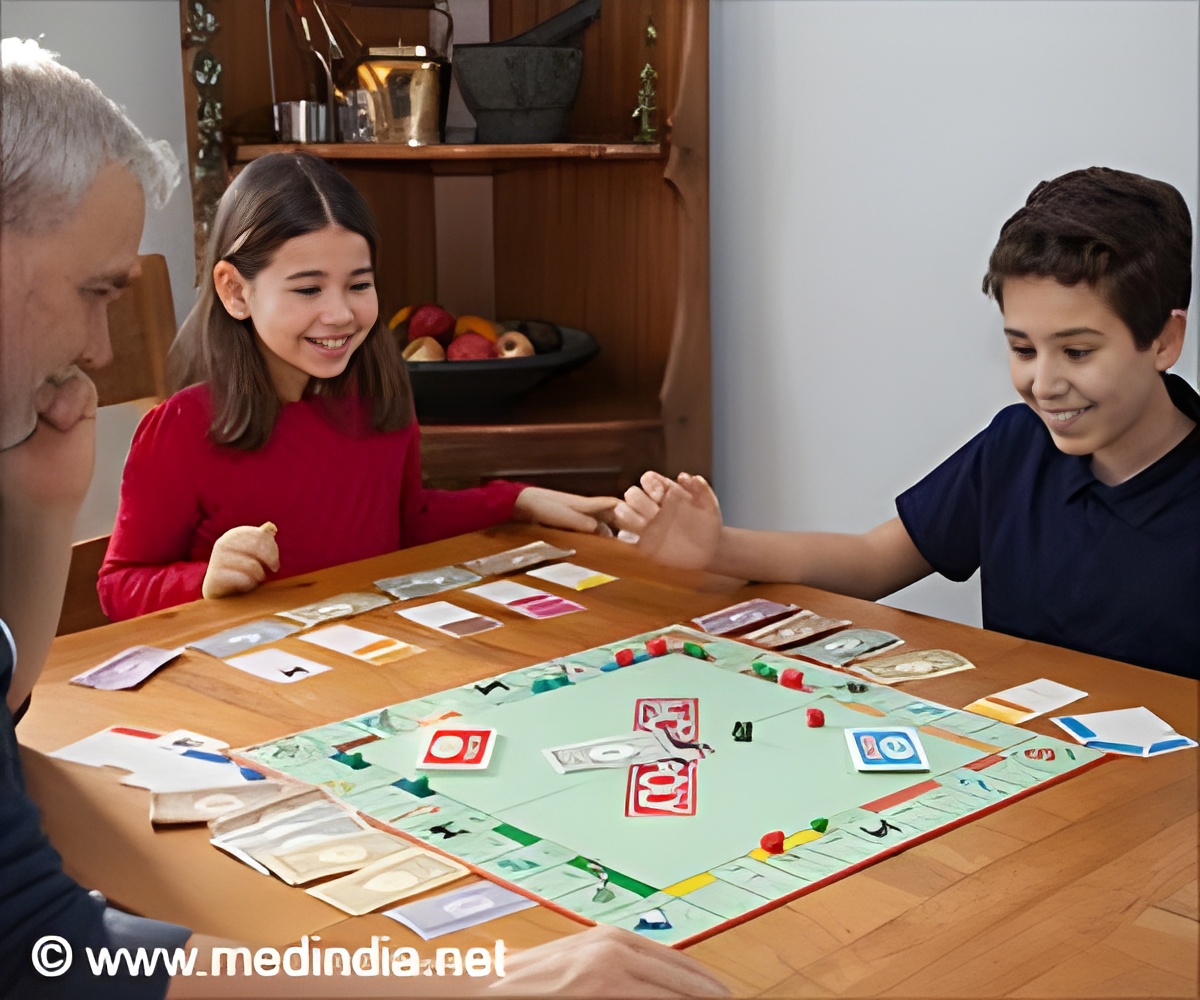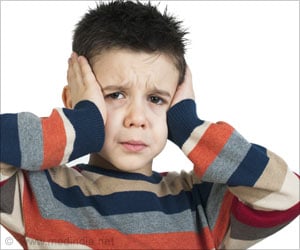Board games appeal to individuals with autism due to their structured rules and predictable gameplay, which can provide comfort and engagement.

‘Considering giving #games to someone with autism? #Boardgames are a safe and valuable hobby for many individuals with #autism. #autistickids’





Board Games as Social Relief and Escapism
Published across two papers in the American Journal of Play and Journal of Autism and Developmental Disorders, the research also showed that board games took the pressure off the uncertainty around meeting and interacting with people, removing the need for small talk and providing a form of escapism.Shedding light on the games’ popularity, the findings could help to inform future work on designing wellbeing interventions for special populations.
The first of the research studies surveyed 1,600 board gamers worldwide – uncovering that around 7% of them were diagnosed as autistic, compared to just 1% of the general population. In addition, 30% of those people surveyed had significantly high levels of autistic traits, according to a widely used self-administered questionnaire called the Autism Spectrum Quotient (AQ).
The second study comprised 13 in-depth interviews, in which participants – all of whom were hobbyist board gamers and had been medically diagnosed with autism – were asked about their experiences of board games, and how they felt the hobby interacted with their condition. The themes uncovered included finding the games both ‘comforting’ and ‘stimulating’, enabling gamers to engage with their passions, and how games act as an alternative vehicle for social communication.
In the third study, 28 autistic individuals, who were not already involved in the hobby were introduced to board games in groups of between five and 10 over an afternoon. Subsequent focus groups were then analysed, uncovering themes around how board games are challenging but encouraged growth, and how they were an alternative method for forging social relationships.
Advertisement
The work was co-led by Dr Liam Cross and Dr Gray Atherton from the University of Plymouth’s School of Psychology, who hope to use the findings to further work into improving wellbeing for people with autism.
Advertisement
“The findings as a whole aren’t a shock, but what is surprising is the lack of evidence underpinning board game use as an intervention for people with autism. Hearing the feedback from the study participants was really motivating to try and push this forward in different settings – and is further reinforced by another recent study we’ve published in the Journal of Simulation and Gaming on the game mechanics that might work for different people in specific populations.
“Everyone with autism is unique, and we want to ensure any interventions could be adapted as needed for those who might benefit.”
Dr Cross added: “When we talk about hobbyist board gaming, we mean don’t just mean a family game of Monopoly every now and then. We mean the kind of newer games that individuals play frequently at places like board game cafés. It’s a popular hobby, and we’re pleased to have been able to shed more light on its importance for so many people.
“We’re also using our research to support adapting existing games for people with autism to make their gameplay even more accessible and enjoyable, and have recently returned from a board gaming conference in Canada to share our findings with the community. It’s an exciting area to work in.”
Source-Eurekalert









